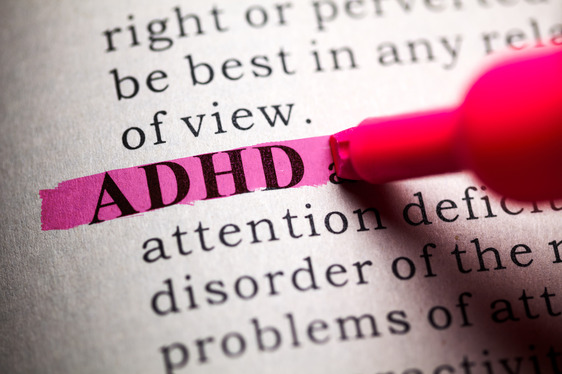
When it comes to understanding our bodies, sometimes symptoms can overlap, leading to confusion about what’s really going on. Historically, signs like impulsiveness, forgetfulness, and difficulty focusing have been linked to ADHD (attention-deficit hyperactivity disorder). But guess what? They can also indicate a lack of sleep! And one common culprit for sleep problems is sleep apnea. If left unaddressed, both conditions can be quite detrimental to your mental health. Read on to learn more about the connection between ADHD and sleep apnea, as well as possible solutions for each one.
The Connection Between Sleep Apnea and ADHD
While sleep disorders are more common in adults, they’re not unheard of in children. Sleep apnea disrupts breathing when you rest, usually because something’s blocking the airway. These interruptions trigger stress signals to the brain, jolting the body awake to restore normal breathing. This results in less sleep, which is bad news for overall health and can lead to numerous, life-impacting issues.
Now, ADHD is a condition that comes with symptoms like being easily distracted, hyperactivity, and acting on impulse, affecting both children and adults. Unfortunately, if ADHD isn’t managed, it can lead to problems falling asleep, staying asleep, or even triggering nightmares. It’s like a vicious cycle! Lack of sleep, which is a hallmark symptom of sleep apnea, can worsen ADHD symptoms. Since both conditions can reduce your quality of rest, it’s difficult to distinguish between the two and make a proper diagnosis.
How to Tackle Sleep Apnea and ADHD
If you suspect you have sleep apnea, seek a diagnosis from a professional. It’s the first step to getting help! From oral appliances to CPAP machines, treatment options can vary depending on the severity of the condition. Likewise, ADHD can be managed with medication and therapy, helping to tame those symptoms.
There are also things you can do on your own to lessen the impact these conditions have on your life. Try cutting down on sugar, caffeine, and alcohol before bedtime. Ditch the screens and stimulating activities that rev up your brain. Make your bedroom a peaceful sanctuary, and stick to a consistent sleep schedule. These little tweaks can make a big difference in managing both conditions.
Remember, both sleep apnea and ADHD are treatable – but ignoring them can have serious consequences. Don’t put off seeking help! Your sleep is precious, and you deserve to wake up feeling rested and refreshed.
About the Author
Dr. Jeff Rodgers is a dedicated sleep dentist serving the Dunwoody/Atlanta region. After graduating from the University of Alabama School of Dentistry, he pursued extensive advanced training in sleep dentistry. His commitment to excellence has earned him recognition as a Diplomate of both the American Board of Dental Sleep Medicine and the American Sleep and Breathing Academy. If you’re ready to take control of your sleep, schedule a consultation via our website or call (770) 394-4310 to get started.
